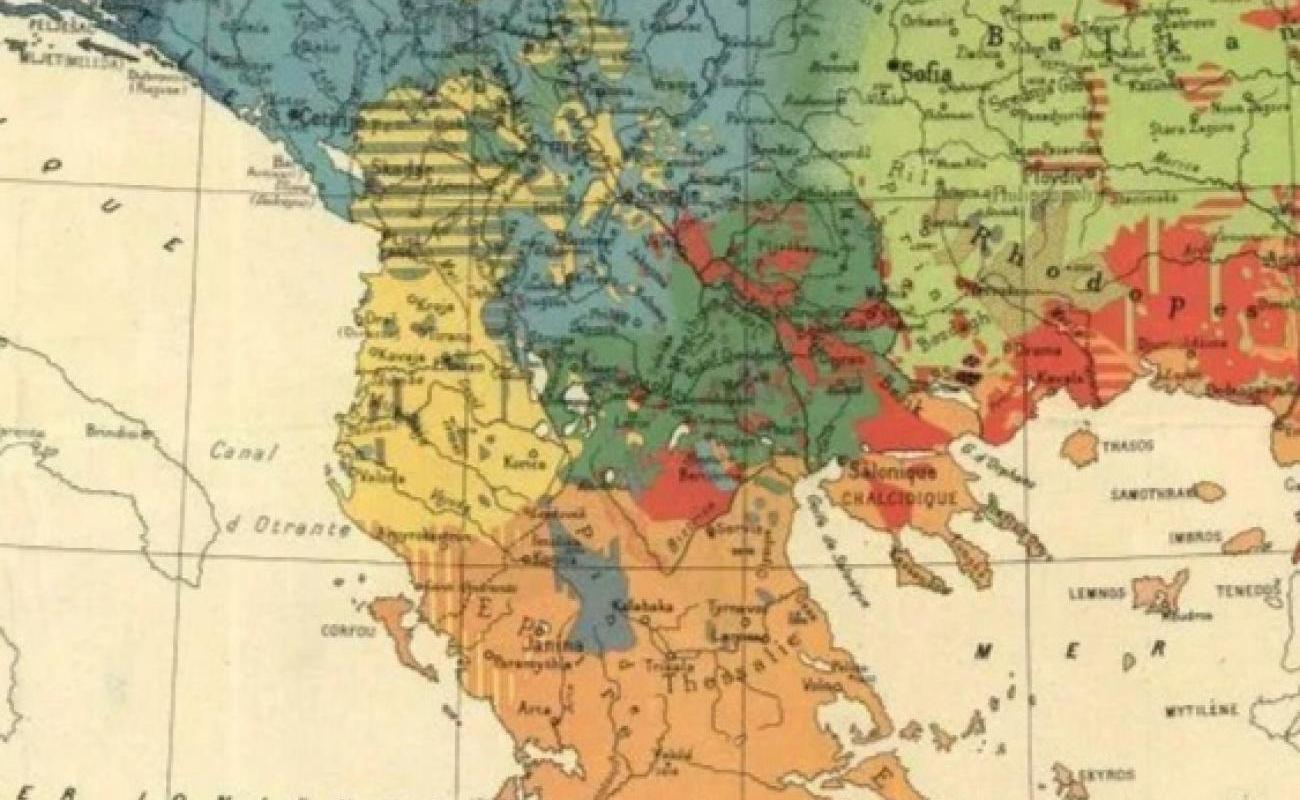The EU should have woken up long ago to China’s growing influence in the Western Balkans

For years, the European Union has procrastinated over accession for the Western Balkan countries. Their accession process still has no clear end in sight. This has created a situation that China has been quietly taking advantage of, though with mixed results. China uses the region as an economic gateway to Europe, but has also undertaken expensive and ineffective infrastructure projects, including the Bar-Boljare Highway in Montenegro. Only 41 of the planned 163 kilometres have been built, with the Montenegrin government taking out a loan of almost $1 billion to fund construction. In any case, China’s growing influence is not just a matter of trade and investment; it is an economic security challenge that Europe cannot afford to ignore.
The sluggish EU enlargement process has left Western Balkan nations in a state of limbo. Accession has been delayed by unfulfilled promises and limited progress in compliance with accession requirements. China has moved in, providing economic assistance, infrastructural investment and some financial backing, though this backing is by no means comparable to the EU’s financing, including through the EU’s pre-accession assistance instrument.
Western Balkan countries thus see Beijing as an additional source of funding rather than a substitute for the EU and, as such, welcome its engagement. Beijing, on the other hand, regards the Western Balkans as an important link in its Belt and Road Initiative. Major infrastructure projects, such as the Bar-Boljare Highway, and Chinese-built railway connections between Greece and Hungary, are viewed as key arteries for trade. But beyond logistical considerations, China is also eyeing the region’s raw materials, seeking to secure control over industries including copper, steel and potentially lithium, a critical component for the global energy transition.
While China provides financial assistance to the Western Balkans, the countries actually owe most of their debt to the EU, making it difficult to discuss a potential debt trap with China. However, the case of Montenegro is worth considering. When it struggled to repay its $1 billion loan from China’s Exim-Bank in 2021 for the Bar-Boljare Highway, it was US and EU banks that provided loans to Montenegro. While this case was resolved without Beijing seizing assets in Montenegro, such a situation could arise again in the future. Many of the contracts Western Balkan countries have signed with China include legal provisions ensuring arbitration in Chinese courts and clauses that could allow contract termination for vague political reasons. While China has yet to weaponise these clauses, the potential leverage remains. If any Western Balkan country crosses a political red line, Beijing could easily coerce countries that have built economic dependence on China.
China’s strategy in Europe does not rely solely on the Western Balkans. EU member Hungary is potentially much more important. In fact, one might wonder why China needs the Western Balkans if it already has Hungary as a Trojan horse. The answer lies in contingency planning. Political winds can shift quickly, even in Hungary, and China cannot rely solely on Hungary’s continued loyalty in order to achieve its European goals. By embedding itself in the Western Balkans, Beijing can ensure that it has multiple access points into the continent.
The EU has been slow to react, but there is now an increasing awareness in Brussels that economic security extends beyond the EU’s immediate borders. To counter China’s growing role, the EU must take decisive action to speed up accession talks with the Western Balkans. The accession processes for Ukraine and Moldova, which were quickly granted candidate status in 2022, in comparison with the Western Balkans countries, shows the EU’s ability to demonstrate urgency in the accession process. At the same time, though, the Western Balkan countries must show greater willingness to cooperate in protecting their own security and that of the EU by implementing stricter investment screening rules. Western Balkan nations currently lack mechanisms to filter foreign direct investment, leaving them open to unchecked investments, including from China.
Western Balkan governments should also introduce rules to enforce fair competition so that European firms can compete with Chinese firms, which can often outbid European firms thanks to financial support from the Chinese government. Finally, the EU needs to enforce stricter sanctions on countries undermining the EU from within, so that Western Balkan countries do not follow Hungary’s example.
China’s economic entrenchment in the Western Balkans is not just a regional issue – it is a European one. If these nations become EU members whilst maintaining deep Chinese ties, Beijing will have long-term influence over internal European policy decisions. Conversely, if they remain outside the EU, they will continue to serve as an unchecked extension of Chinese economic power on the EU’s periphery.
The EU’s failure to act decisively will not only be a missed opportunity; it will be a strategic blunder with lasting consequences. For too long, Brussels has treated the Western Balkans as a secondary priority. But as China’s influence expands, it is clear that inaction is no longer an option. The EU must reclaim its role as the primary economic and political partner of the region, or risk losing it altogether.
